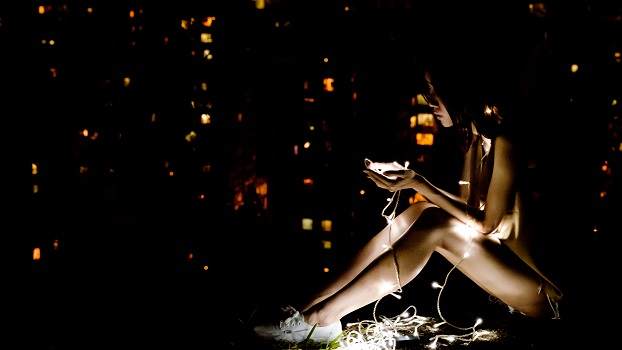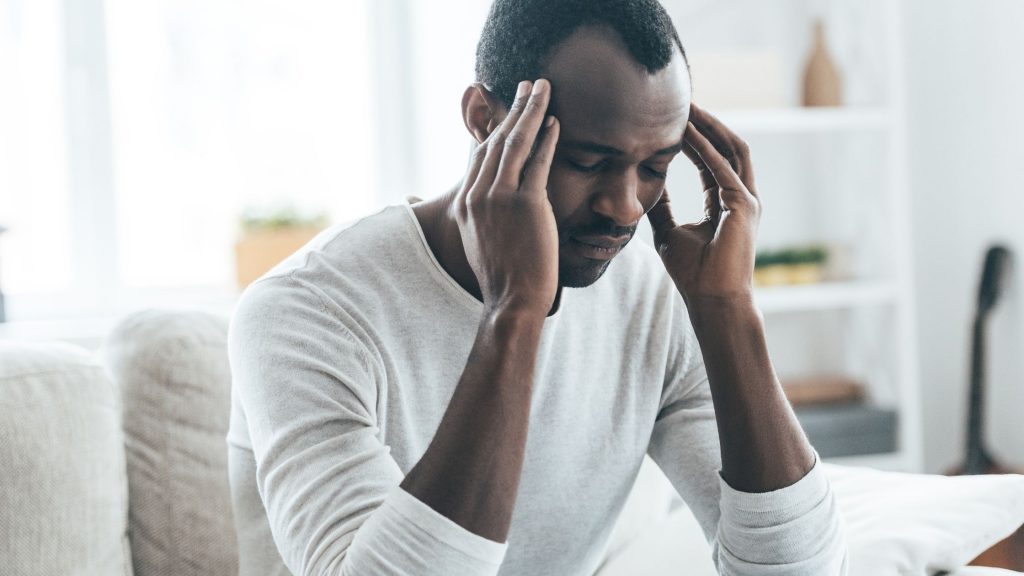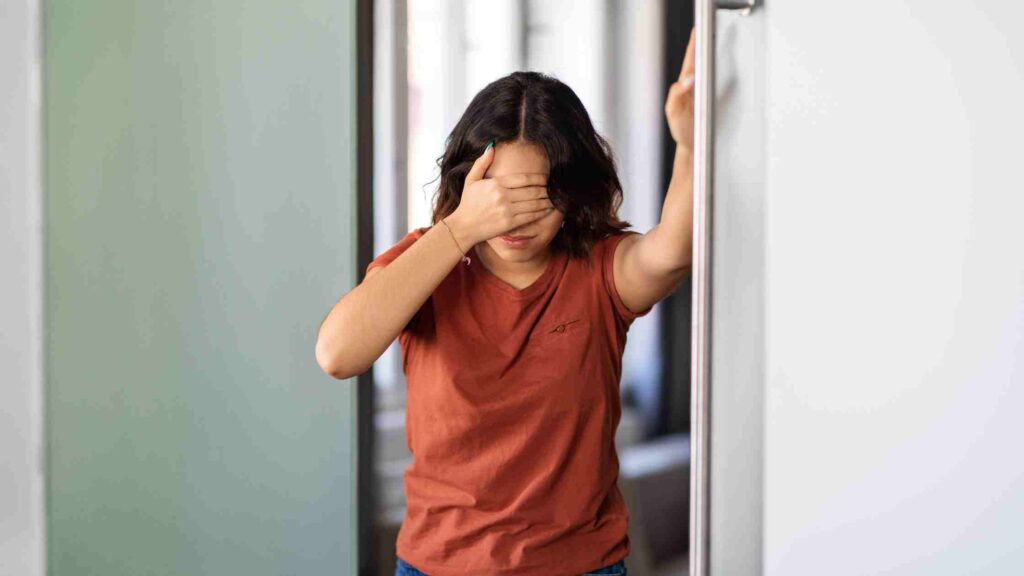Last updated on April 11th, 2025 at 06:16 pm

If you have habit of going to bed with your smartphone or tablet then beware that it may lead to weight gain. According to the recent research if you get exposure to artificial light during sleep can develop obesity.
We already know the harmful effect of using smartphone late night on our sleep cycle and overall health. But, according to new research which was published online June 10 in JAMA Internal Medicine, it can also lead to weight gain. Not only this, if we keep our television switched on, or sleeping with any artificial light has shown to develop obesity.
Research methodology
The reserach team at National Institutes of Health used questionnaire data from 43,722 women. The participants were women aged 35-74 years and were picked so that they had no history of cancer or cardiovascular disease. There jobs does not involve shift working, daytime sleepers. Pregnant women were excluded.
The questionnaire includes whether the women slept :
- With no light,
- A small nightlight,
- The light outside of the room,
- Or a light or television on in the room.
Result of research
The purpose of the research was to establish a relation between exposure to artificial light and weight gain. Results were astonishing. It was found that the women who slept with light or television on were 17% more likely to have gained 5 kilograms, approximately 11 pounds, or more over the follow-up period.
However, using a small nightlight was not associated with weight gain. The association with having light coming from outside the room was more modest.
It means the results varied with the level of artificial light at night exposure.
Also, the scientists wondered if not getting enough rest factored into the findings.
Also read: Paleo Diet vs Keto: Choose diet that actually works for you
Here’s what researcher has to say:
1: Corresponding author Dale Sandler, Ph.D., chief of the Epidemiology Branch at the National Institute of Environmental Health Sciences (NIEHS), part of NIH. said:
“Although poor sleep by itself was associated with obesity and weight gain, it did not explain the associations between exposure to artificial light while sleeping and weight,”
2: Co-author Chandra Jackson, Ph.D., head of the NIEHS Social and Environmental Determinants of Health Equity Group said:
Exposure to artificial light at night may alter hormones and other biological processes in ways that raise the risk of health conditions like obesity.” Apart from this, it also has a negative impact on our eye health, and we strongly recommend following the screen protection technique when working on your laptop or computer.
3: Lead author Yong-Moon (Mark) Park, M.D., Ph.D., a postdoctoral fellow in Sandler’s group said:
Unhealthy high-calorie diet and sedentary behaviors have been the most commonly cited factors to explain the continuing rise in obesity,
The author is a physiotherapist who has been practising for the last 17 years. He holds a Bachelor's in Physiotherapy (BPT) from SVNIRTAR (Swami Vivekananda National Institute of Rehabilitation and Research), one of the prestigious physiotherapy schools in India.
Whatever he learns dealing with his patient, he shares it with the world through blogs and e-books. He also owns a YouTube channel, "Sunit Physiotherapist" with over 8 lakh active subscribers. Here, he shares everything he gets to learn serving the patient.






Pingback: Is Paleo or keto better? Choose the right diet you : Physiosunit